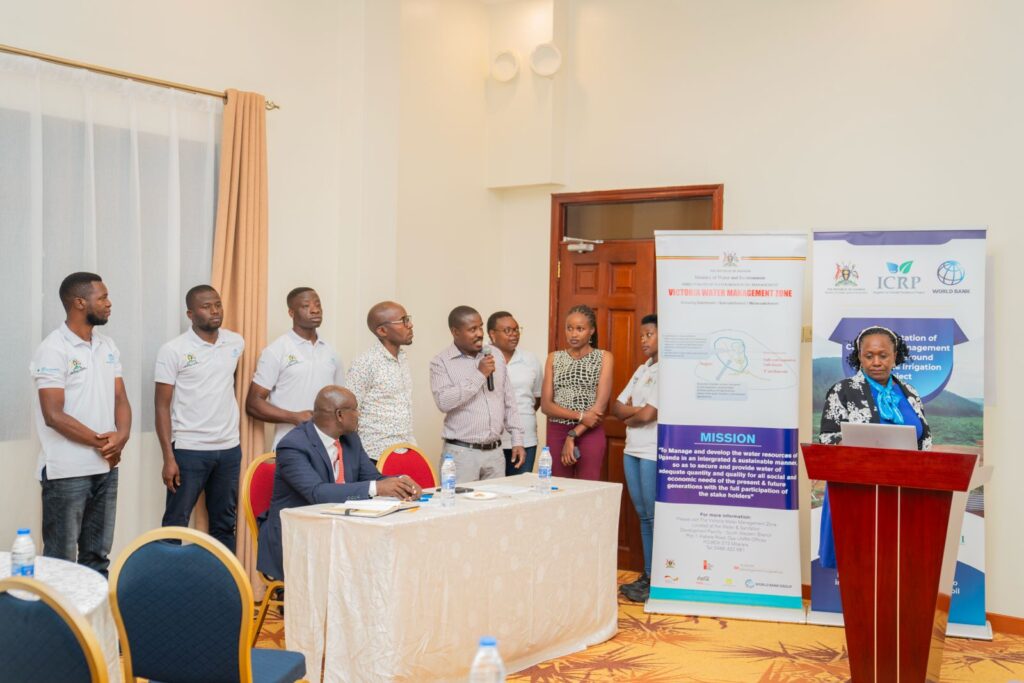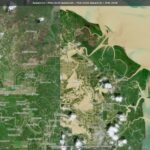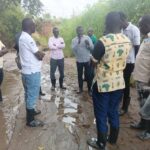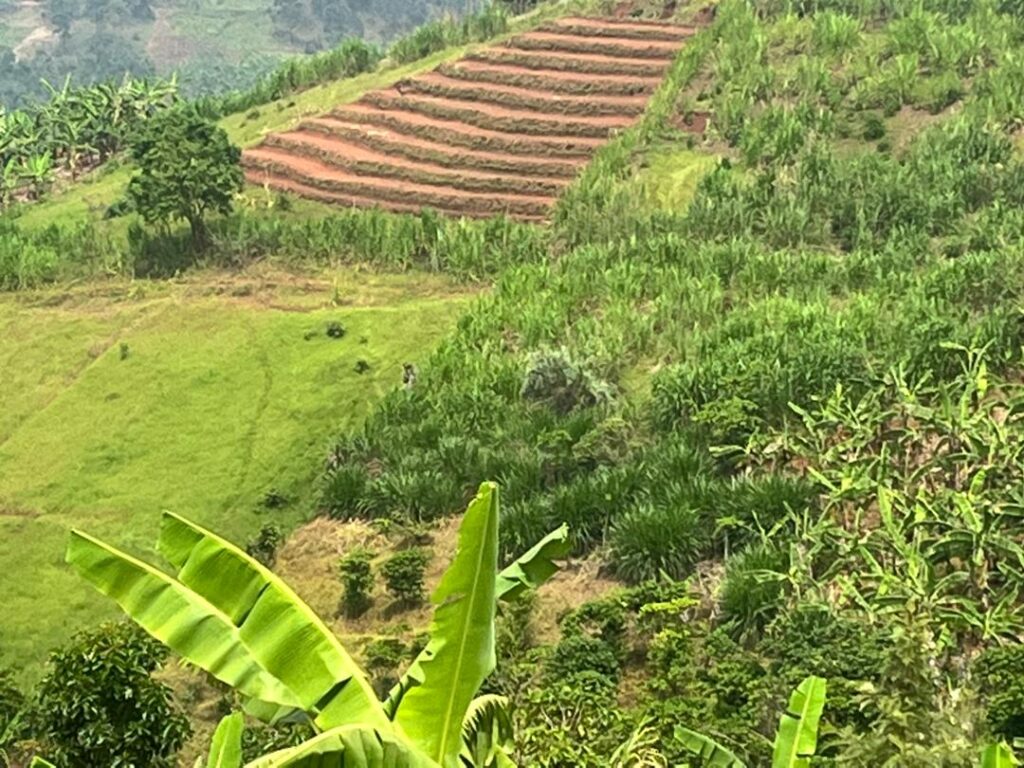It’s time to implement the Irrigation for Climate Resilience Project (ICRP)
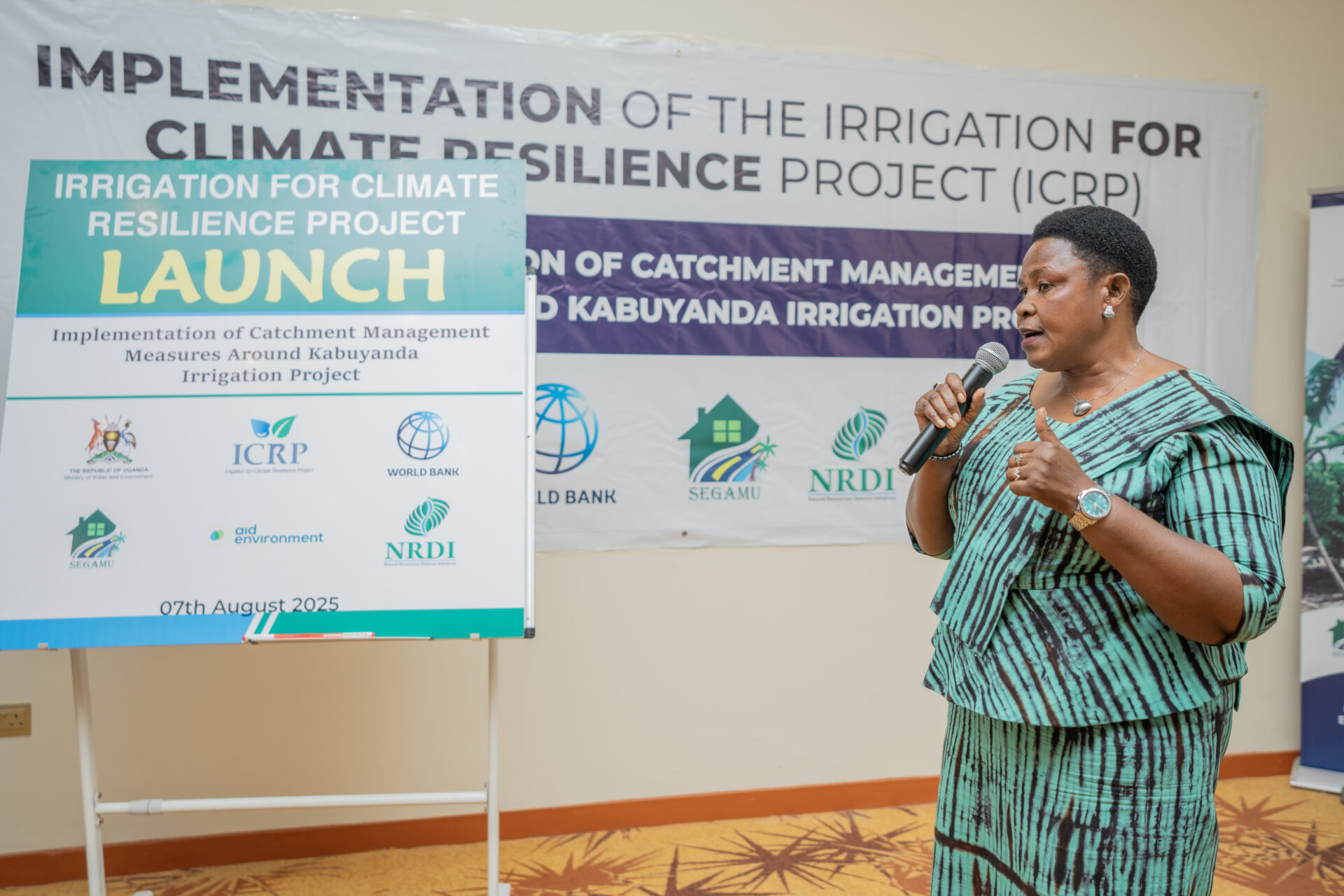
The Ministry of Water and Environment, along with implementation partners and local stakeholders, officially launched the implementation phase of the Irrigation for Climate Resilience Project (ICRP). The launch event, held in Mbarara City, was attended by high-level government officials, representatives from Community Based Organizations, Civil Society groups, and local community leaders.
The Government of Uganda with funding from the World Bank, is supporting implementation of the Irrigation for Climate Resilience Project (ICRP). The Project aims to provide farmers with access to irrigation and other agricultural services, and to establish management arrangements for irrigation service delivery. Activities include establishing the Kabuyanda irrigation scheme, a sustainable farmer-based management system created to manage, operate, and maintain the scheme infrastructure once constructed.
Partner organisations will lead the following initiatives within the project:
- Afforestation and Soil & Water Conservation Measures by AidEnvironment
- Wetland and Riverbank Restoration Measures by Segamu 14 Consult Limited
- Alternative income-generating activities for improved livelihoods by Natural Resource Defense Initiative (NRDI)
Speaking at the launch, the Representative from the Ministry of Water and Environment emphasized the urgency of the project. “Our communities are already facing the realities of a changing climate. This project is not just about infrastructure—it’s about saving lives, protecting livelihoods, and ensuring a more secure future for generations to come.”
The project will prioritize community engagement. Local leaders will play a central role in environmental and social activities in their regions. They will take the lead in ensuring that soil and water infrastructure is in place, people practice afforestation and river bank stabilization, and embrace alternative income generating activities. Likewise, a key feature of the project is its focus on gender equality and social inclusion, ensuring that women, youth, and marginalized groups are empowered to contribute and benefit from the measures.
This project marks a critical step forward in the collective commitment to climate justice. Investing in long-term resilience reduces vulnerability and unlocks new opportunities for sustainable development.

